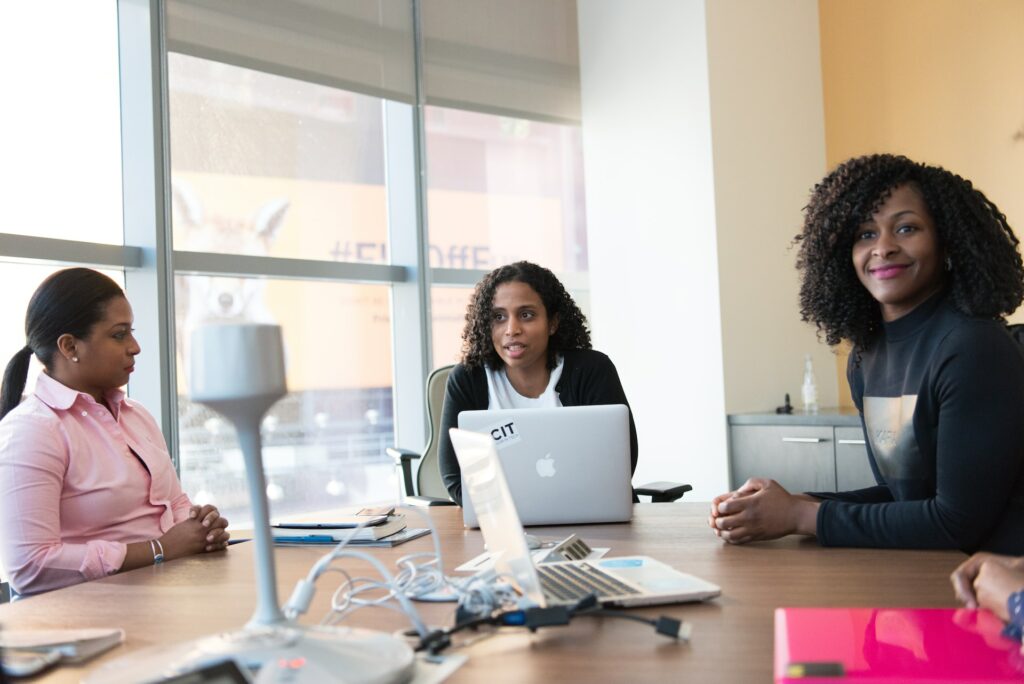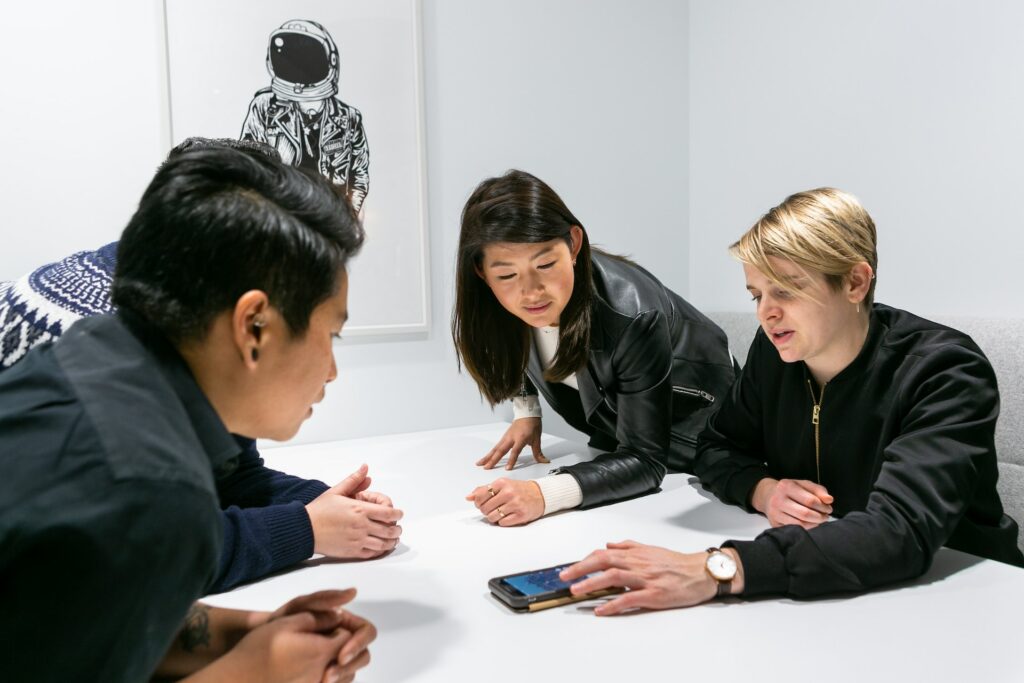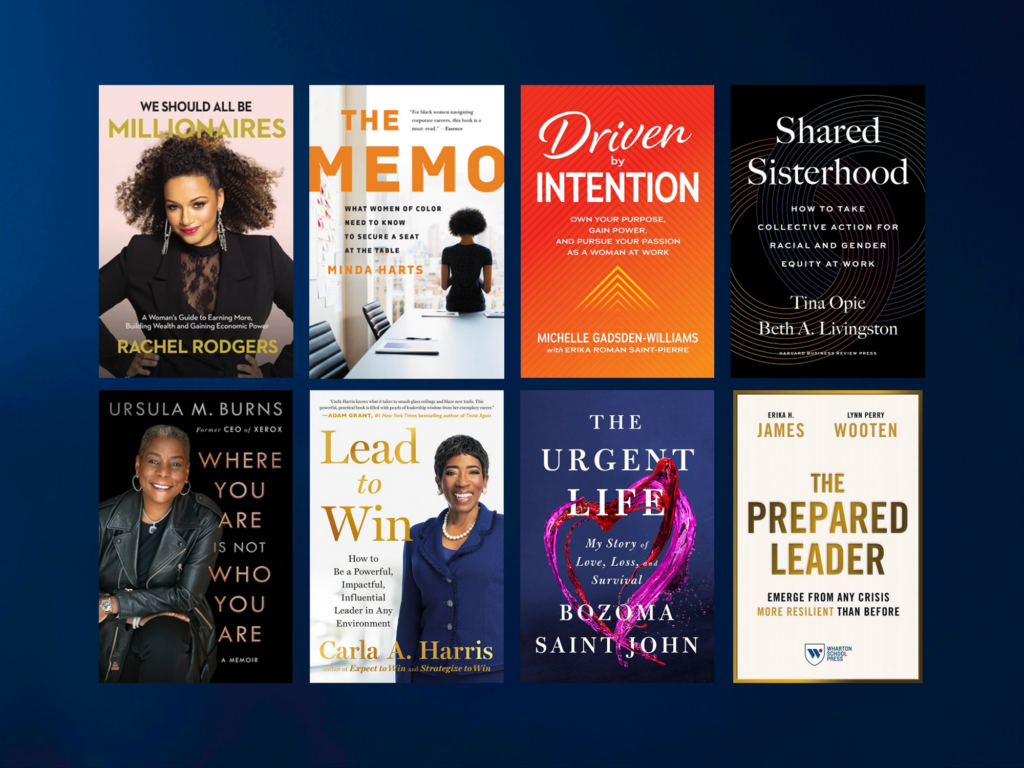Taking action on Black Women’s Equal Pay Day

Imagine having to work seven extra months just to earn the same pay as a male co-worker.
If you’re a Black woman in the United States, that’s a likely reality.
According to the U.S. Census, on average, Black women were paid 63% (or 63 cents on the dollar) of what non-Hispanic white men were paid in 2019. That means it takes the typical Black woman 19 months to be paid what the average white man takes home in 12 months. While last year, Black Women’s Equal Pay Day was more than a month earlier (August 3) this year, it falls on September 21st.
In some states, the disparity is even more significant. Data from the National Partnership for Women & Families indicates Black women in Louisiana only earn 48 cents on the dollar compared to their white male counterparts.
“Black women workers are essential to our economy — and provide essential services — the COVID-19 shutdown proved that,” said In Our Own Voice: National Black Women’s Reproductive Justice Agenda President and CEO Marcela Howell. “Yet, Black women’s wages lag behind both white men’s and white women’s.”
Taking meaningful action now
Fair and positive check-ins and performance reviews are effective steps organizations can start practicing today to develop more equity according to Brittney Oliver, branded and corporate content strategist and founder of Lemons 2 Lemonade.
“Many managers don’t share how we can improve in our work until we ask for a raise or when the required reviews are set, Oliver tells MBAchic. “While conducting performance reviews, managers [should] provide actionable items and plans that can help Black women reach their career aspirations and have visibility in their roles.”
“Professional development at all levels needs to be provided, especially for Black women. Organizations are waiting until someone is a manager or senior leader to invest in their development. Set Black women up for success in the beginning. Be transparent about pay, career growth and promotions,” suggests Oliver.
Moving beyond numbers
Still, while reviewing statistics is an important part of cataloging change and progress each year, some experts caution against focusing too heavily on the numbers alone.
“Literally, almost every wealth gap statistic around building wealth can be traumatizing if the system is generally not set up for Black women to succeed,” says financial counselor and author of Our Money Stories Eugenié George.
George has built her career by encouraging women of color to consider how their personal history, ancestry, and environment play a role in their money habits. She is committed to helping women create holistic financial wellness plans.
“Find money mentors that have written out their money stories. Listen to podcasts, watch YouTube videos and get inspired,” she says.
“Really get clear with your numbers and map out how much it would cost for you to thrive. Actually, look at your paycheck stub and write out a dream budget and map out what steps one would need to take.”
Beyond pay equity
In addition to economic insecurity, Black women face discrimination and biases that impede their educational, social, and political progress.
Thankfully, there are a number of organizations that specifically address Black women’s needs and concerns. Here are a few you can get involved with today to make a lasting, impactful difference:
The National Black Women’s Justice Institute
The National Black Women’s Justice Institute is dedicated to eliminating racial and gender barriers for Black women, girls and their families. The organization addresses issues like criminalization, economic marginalization, domestic violence and more.
Black Women’s Health Imperative
For over three decades, Black Women’s Health Imperative has been the only national organization solely dedicated to improving the health and wellness of Black women and girls. They run a number of evidence-based programs and campaigns to support physical, maternal and reproductive health for Black women. They are also leading the effort to establish the first National Health Policy Agenda for Black women.
Since 1977, this D.C.-based nonprofit has been educating the public about economic, social and civil liberties issues that affect Black women. Through facilitating discussions that lead to effective policies and meaningful change, they also recommend data-based policy changes in the interest of Black women’s rights.
Staying resilient and hopeful on this Black Women’s Equal Pay Day
While challenges and obstacles remain, advocats hope Black women’s biggest takeaway this year is to know that pay equality isn’t an individual issue, it’s a collective concern.
“When Black women face obstacles many of us put it on ourselves to be better,” Oliver reflects. “However, it is not about us being better or working harder. Not being paid what you deserve is not something to feel ashamed of or carry the load. To close the pay gap it is a collective effort by everyone. That means you don’t need to feel the burden of having to work harder in hopes that it will work out the next time.”
Oliver says she has found motivation by believing in herself and her strong personal brand.
“I’ve found ways to monetize my expertise and my passions in and outside of the workplace. My name is mine and I own my personal brand. By letting it shine has helped me be confident in my abilities and identify the value that I bring to the teams I sit on.”

Photo by Christina @ WOC in tech







